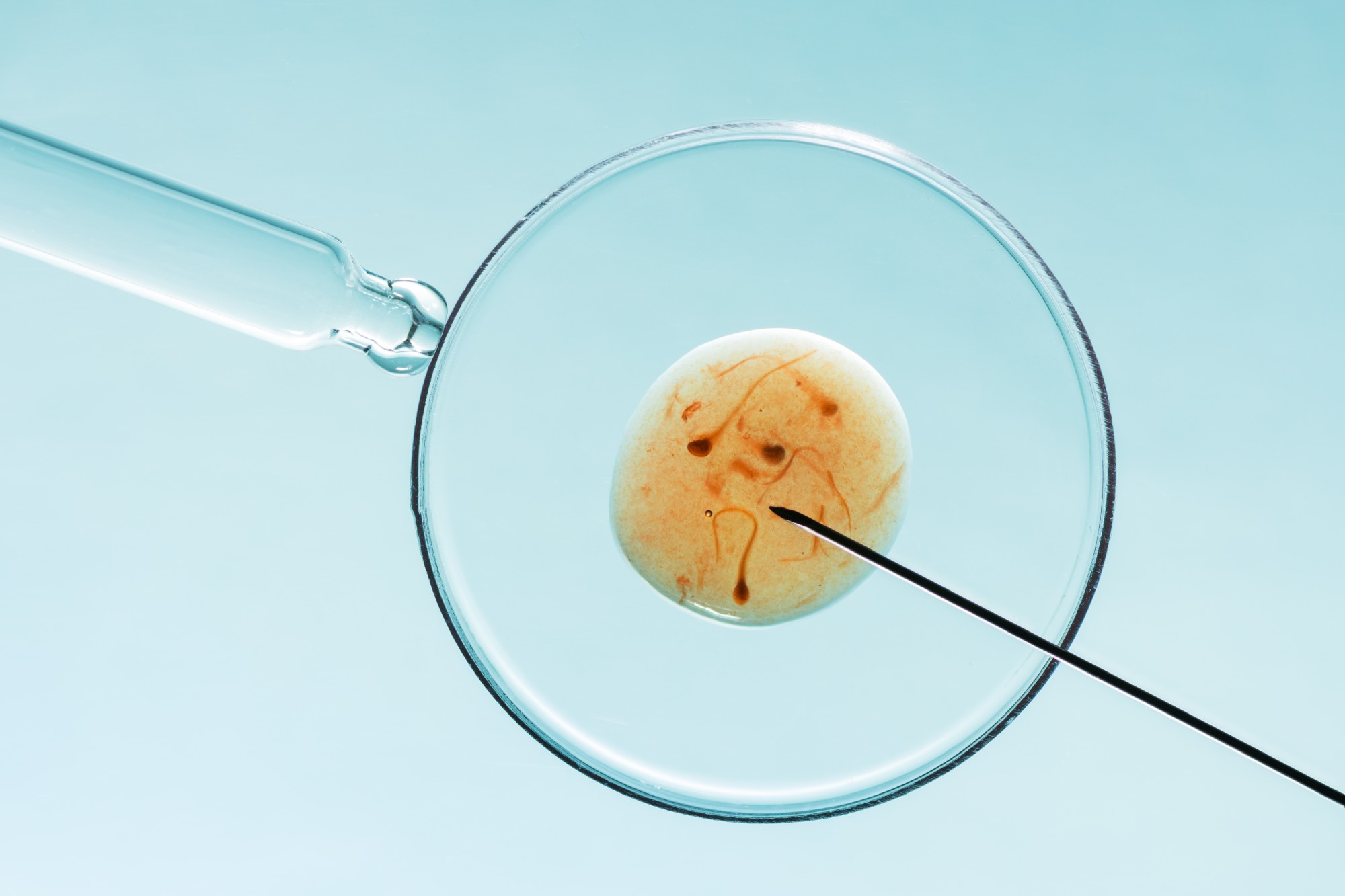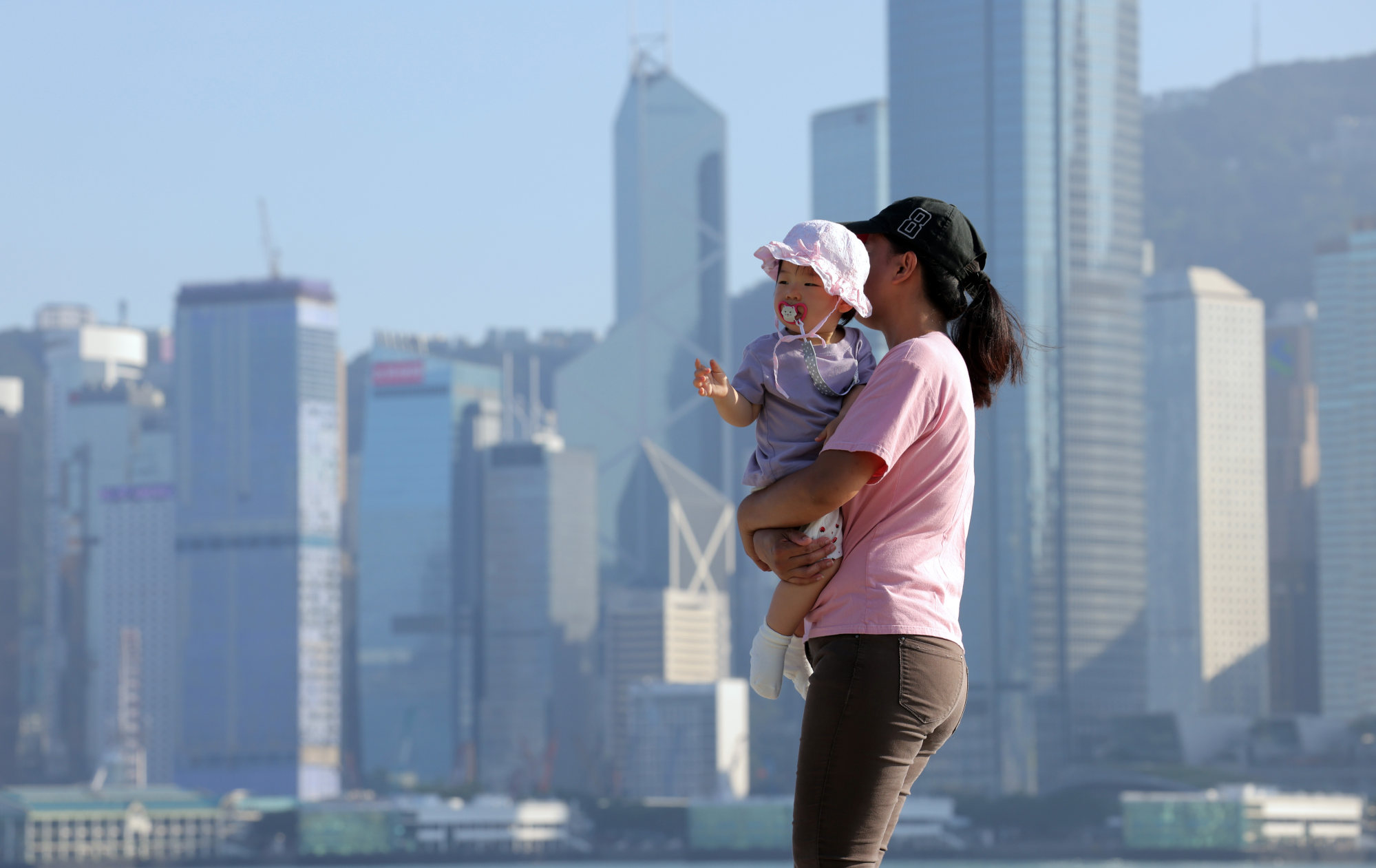
Hong Kong couples seeking assisted reproduction may benefit from up to HK$100,000 in tax deductions per year starting in April
- Deduction on assisted reproductive services expected to cover services obtained from both public and private clinics, while ones undergone outside city not eligible
- Health Bureau to discuss details of proposal set to include infertile couples or those with specific medical needs with lawmakers next week
Hong Kong couples who undergo assisted reproductive techniques may benefit from tax deductions of up to HK$100,000 (US$13,000) per year starting in April, but those who choose to delay parenthood will not be eligible.
The Health Bureau is expected to discuss the details of a proposed deduction for assisted reproductive services with lawmakers next week. The proposal was first introduced in Chief Executive John Lee Ka-chiu’s latest policy address in October.
A Legislative Council paper released on Friday showed that authorities hoped to introduce the tax deductions for such procedures under the salaries and personal income taxes, starting from the 2024-25 financial year.
They would be capped at HK$100,000 per tax year.

Couples hoping to claim the deduction would need to provide a receipt, as well as a standardised certificate signed by an accredited specialist at a local licensed centre.
“If taxpayers incur assisted reproductive services expenses on or after April 1, 2024, and intend to claim tax deductions for those expenses, they should retain the relevant documents and obtain the certificate from the licensed service provider after the amendment bill is passed,” the document said.
The deduction would cover services obtained from both public and private clinics, although those incurred from outside Hong Kong would not be eligible.
Criteria for the proposed tax deduction include infertile couples or those with specific medical needs.
Hong Kong leader to unveil HK$20,000 handouts for newborns in policy address
According to the World Health Organization’s interpretation, “infertile” covers those who fail to achieve a clinical pregnancy after 12 months or more of regular unprotected sexual intercourse.
Cancer patients or others who may lose their potential fertility due to chemotherapy, radiation therapy, surgical procedures or other medical treatments are also eligible.
Age limits would not be imposed on eligible taxpayers either, the paper said. However, according to current Hospital Authority regulations, the age limit for individuals receiving in vitro fertilisation treatment is 40 years at public healthcare providers and 45 for those seeking private treatment at public hospitals.

Individuals undergoing the procedure at private hospitals or clinics do not have an age restriction.
“The government encourages couples to conceive at the optimal reproductive age to increase the chances of success and reduce the risks to pregnant women and fetuses,” the paper added.
“The decision to delay parenthood contradicts the government’s policy of encouraging early childbirth, so taxpayers who choose to delay parenthood would not be eligible for the proposed tax deductions.”
HK$2.29 billion sought for Hong Kong baby bonus scheme, 20% more births expected
Lawmaker Nixie Lam Lam, who went through fertility treatment before giving birth to her son last year, said that while the tax deduction was a “good starting point”, it would “definitely not be able to cover the full fees of such treatments”.
“The process for me was relatively smooth, and I still spent around HK$270,000 at the time,” she said, adding the cost for others would vary depending on the clinic and doctor they chose.
As a next step, she said, the government should “seriously consider sparing some funding to expand the scope of egg freezing as well, when financially viable”.
She said the median age of women getting married and pregnant was continuing on its upwards trajectory, and the government needed to “face the reality” that current regulations, which only allowed women to store frozen eggs for up to 10 years or until they turned 55, was a challenge for many.
In Hong Kong, fertility treatment can only be offered to married couples.
“In other words, you are forcing women to find a husband within 10 years of freezing their eggs, otherwise they will have to send the eggs somewhere else. That is a huge hindrance,” she said.
Amid plunging birth rates and a rapidly ageing population, the chief executive introduced a raft of boosting measures, such as a HK$20,000 cash handout for each new child born on October 25 last year or after, and giving families with new children faster access to public housing.
The goal was to boost the number of babies born annually by a fifth on average over the next three years.
The average number of children per woman dived from 1.3 in 2017 to just 0.9 last year, when about 32,000 were born in the city.
